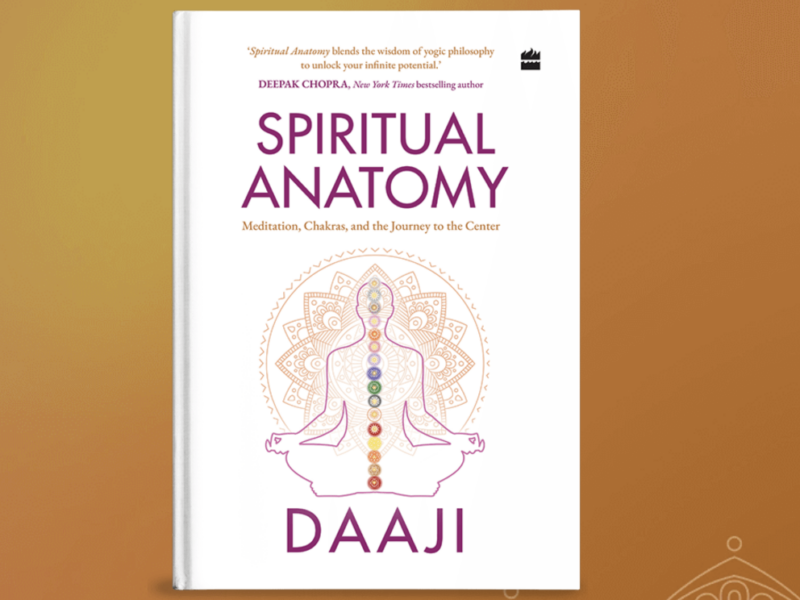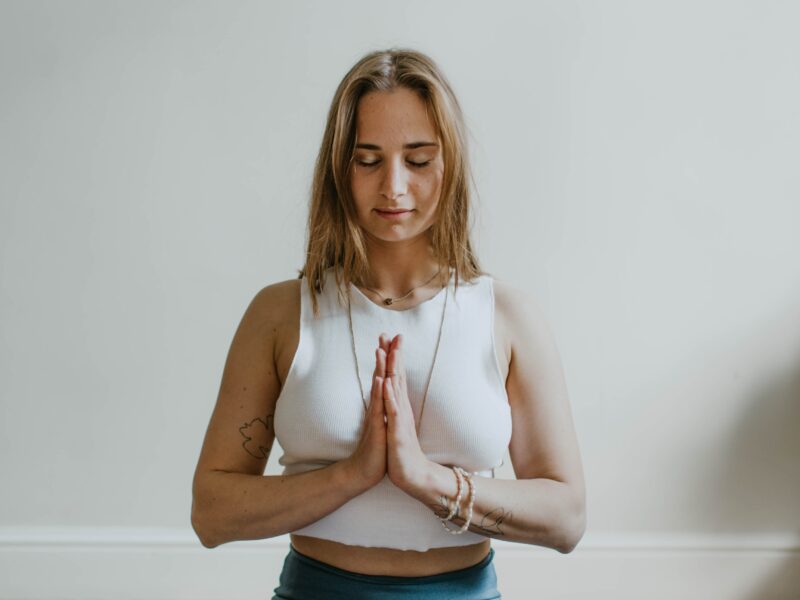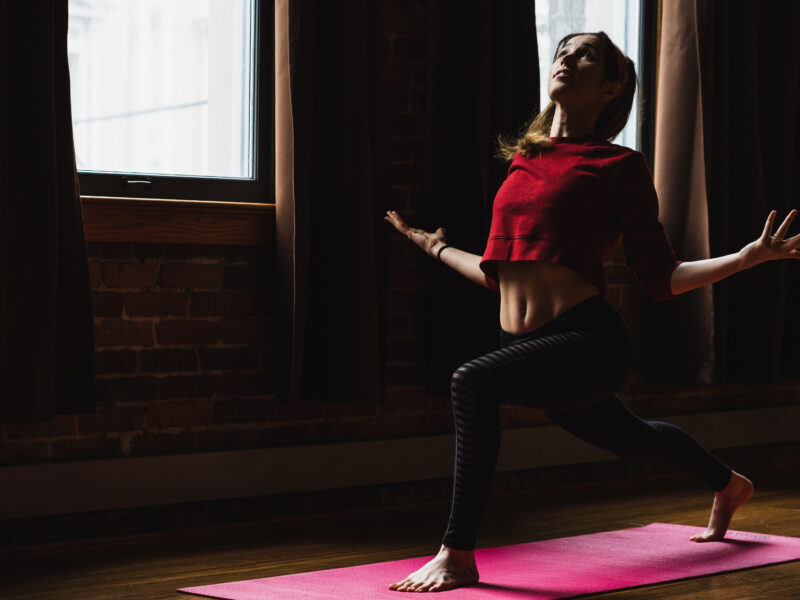While there is no cure for Alzheimer’s, research suggests yoga and meditation may play a role in prevention and improving symptoms.
While there is no cure for Alzheimer’s, research suggests yoga and meditation may play a role in prevention and improve symptoms and quality of life for patients and their caregivers alike.
As Julianne Moore so graciously pointed out while accepting the Oscar for Best Actress last night, movies are about more than just glamorous stars and “who” they wore. In Moore’s case, her Academy Award-winning role as a linguistics professor coping with early onset Alzheimer’s in Still Alice helped call attention to an incurable disease that affects more than 5 million Americans.
“I’m so happy, I’m thrilled actually, that we were able to hopefully shine a light on Alzheimer’s disease,” she said. “So many people with this disease feel isolated and marginalized, and one of the wonderful things about movies is it makes us feel seen and not alone. And people with Alzheimer’s deserve to be seen so that we can find a cure.”
The Research on Yoga and Meditation for Alzheimer’s
While there is no cure for Alzheimer’s, recent research suggests that yoga and meditation may play a role in prevention and improving symptoms of the progressive disease, which is the most common form of dementia and the sixth leading cause of death in the United States. Last year, in the first study to suggest that memory loss may be reversed, yoga and meditation were included as part of a complex, 36-point therapeutic program. Another study found that yoga and meditation may help Alzheimer’s and dementia patients and their caregiverssocialize and feel better.
Benefits of Exercising the Brain with Yoga and Meditation
“In a way, both yoga and meditation are ‘brain exercises’ that engage different parts of the brain based on the components of practice (breathing, movement, postures, chanting, visualization, concentration), and can help the brain form new connections and recover from injuries, or as we call it, to stimulate neuroplasticity,” says Helen Lavretsky, M.D., M.S., director of the late-life mood, stress, and wellness research program at the Semel Institute for Neuroscience and Human Behavior at UCLA.
Lavretsky noted that in both of the aforementioned studies, yoga and meditation were used in combination with other approaches, such as exercise, music therapy, medications, and brushing of the teeth. However, she says yoga practice and meditation may be helpful in prevention of dementia (a general term for loss of memory and other intellectual abilities serious enough to interfere with daily life) in several ways.
“Chronic stress and related stress hormones could negatively affect brain structures important for memory and cognition, like the hippocampus. Chronic stress is also associated with inflammation in the body and in the central nervous system/brain that is linked to Alzheimer’s disease and other disorders of aging. Yoga can reduce stress hormones and inflammatory factors, and teach an individual over time how to cope more effectively and protect the body from going through the stress response,” she explains, noting that the younger you are when you start practicing yoga and meditation, the better.
Improving Memory with Yoga and Meditation Practice
In patients who have concerns with memory loss and some cognitive impairment but don’t yet have Alzheimer’s disease, practices like yoga and meditation could be more beneficial in preventing cognitive decline, Lavretsky adds. In the 7 Amazing Brain Benefits of Meditation, writer Amanda Mascarelli reported that Wake Forest neurologist Rebecca Erwin Wells, MD, and her colleagues found in a 2013 pilot study that adults with mild cognitive impairment who practiced mindfulness meditation showed less atrophy in the hippocampus than those who didn’t. Their research also found meditators, compared with nonmeditators, had greater neural connectivity in the “default mode network,” an area of the brain involved in activities like daydreaming and thinking about the past and the future.
Stress Reduction for Patients and Caregivers
Caregivers of patients with Alzheimer’s and dementia, who are often under a tremendous amount of stress, may also benefit from yoga and meditation, especially when it comes to overall well-being and depressed mood. “A growing number of studies including ours are showing positive brain and cognitive changes with practice, as well as benefits in longtime meditators compared to novices,” Lavretsky says.
Mind-body practices like yoga and meditation may also bring some solace to individuals like the character played by Moore, who must cope with the shocking diagnosis of early onset Alzheimer’s disease at age 50.
“Yoga and meditation can help people with Alzheimer’s feel happier and find peace, especially those in the early stages who are struggling with the reality of memory loss,” Lavretsky says.








